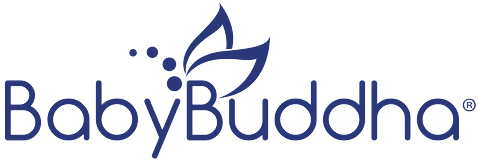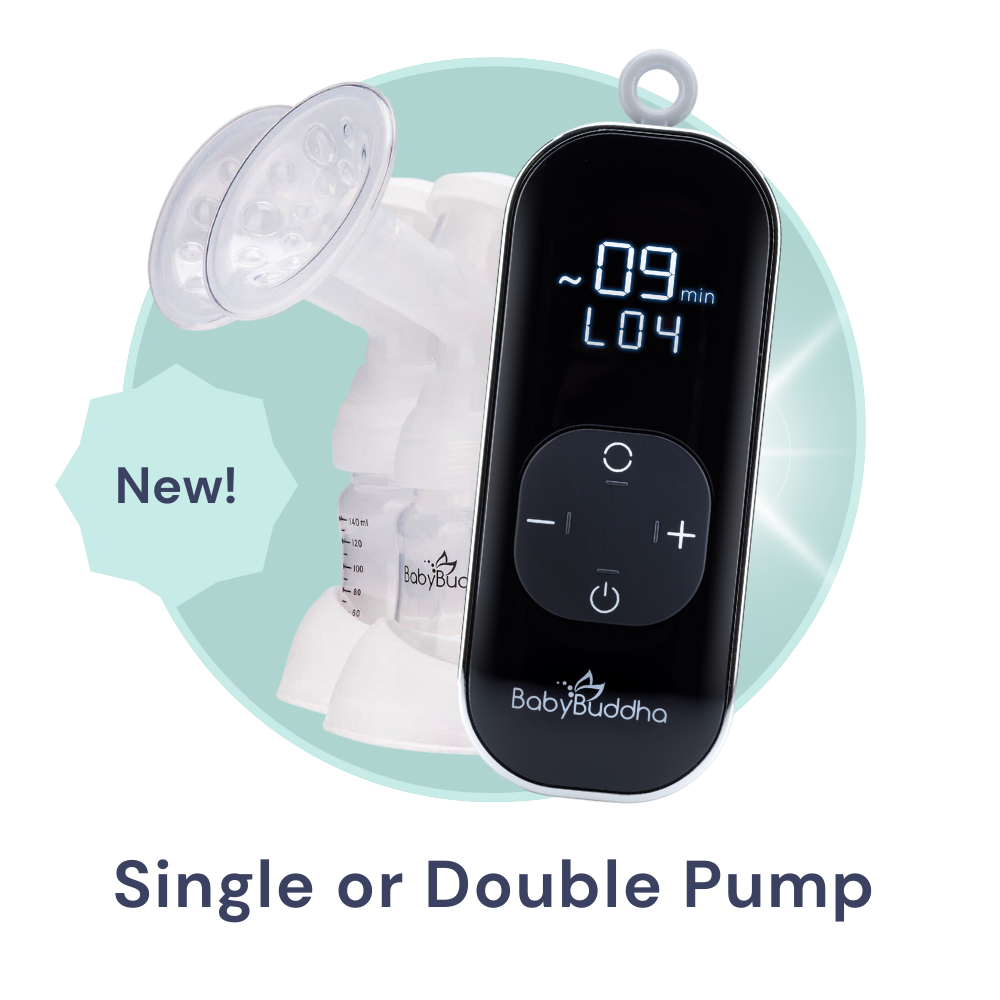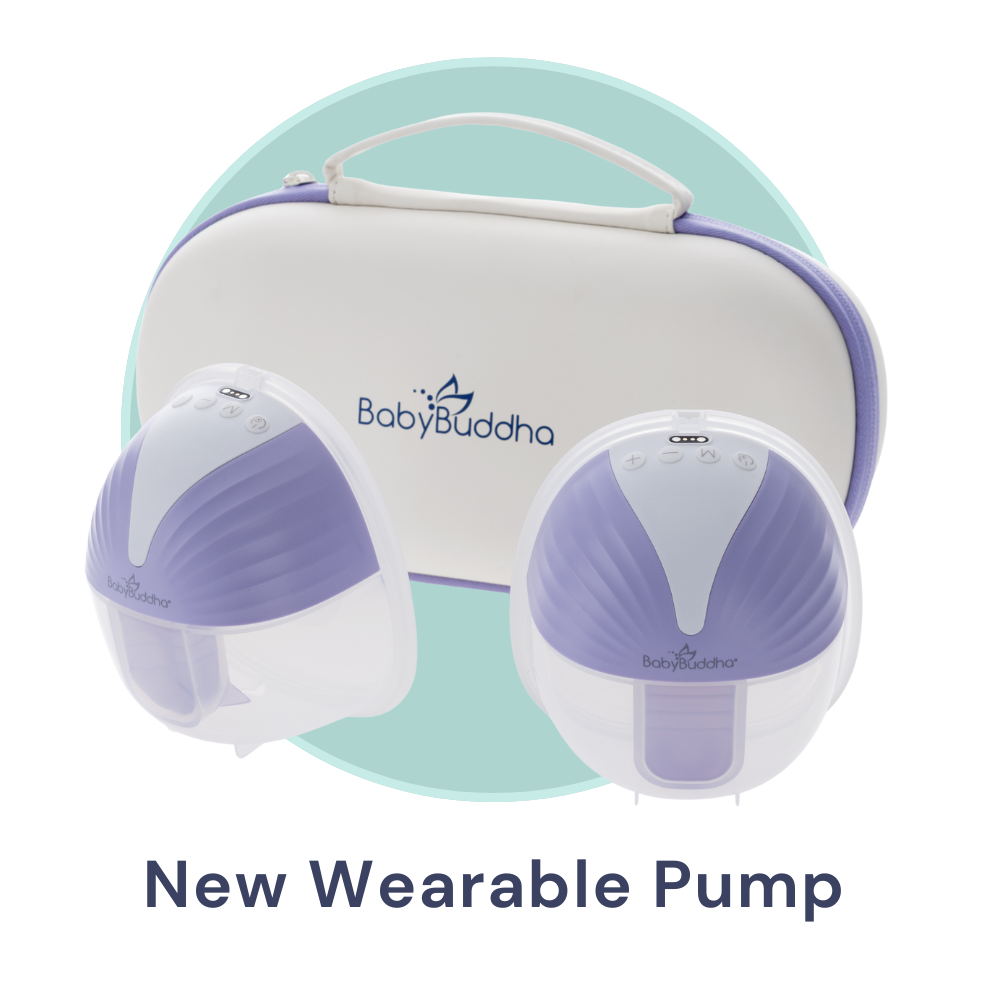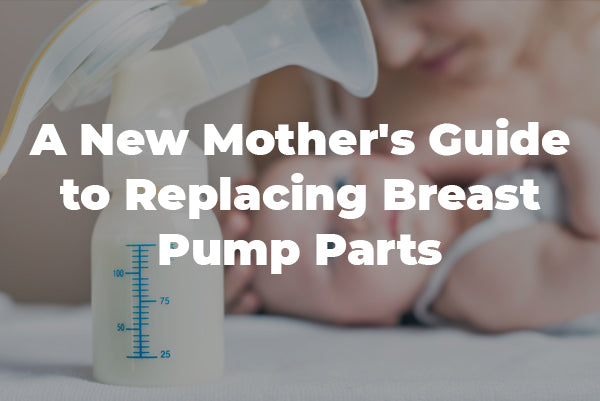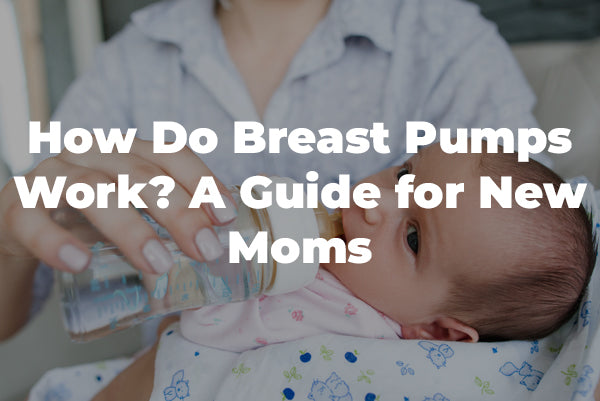There's no way your breastfed baby could ever be allergic to milk, right? Actually, about 2.5% of children have a cow's milk allergy, and it can leave mothers puzzled about how to make consuming milk easier.
We understand you might have assumed that this allergy was something that only affected formula-fed babies, but this isn't the case. We've created a guide that provides you with information about dairy intolerance and what that means for your nursing time with your baby.
Don't pull out your breast pump until you check out this need-to-know information below.
How to Know Your Baby Has a Dairy Intolerance
When babies are born, one thing you quickly learn is how sensitive their stomachs are. It might seem as if they spit up and become fussy no matter what you do.
However, the most common cause is too much air getting into their bellies or dairy intolerance. You might even notice that it triggers your child to exhibit signs of having an allergic reaction when given certain foods.
It's essential to note the signs of an allergy so that you can speak with your childcare provider about it. From there, you can begin to discuss different solutions to provide your baby with the nourishment they need without triggering another reaction.
Signs of an allergic reaction include:
- Increased irritability
- Sudden rashes
- Increase or constant vomiting following meals
- Diarrhea
If your child has a cows milk allergy or CMA, it can cause your little ones' intestines to become inflamed, causing severe discomfort. If your child has CMPA, they are allergic to the proteins commonly found in cow's milk. We've mentioned the common allergy symptoms above, but when your child has a cows milk allergy, they might also deal with a combination of the following symptoms:
- Coughing
- Sudden wheezing
- Swollen eyelids
- Colic
It's never easy to see your child having problems with things they're allergic to, but you need to know how to identify the reaction so it doesn't become severe.
Do I Have to Change My Diet?
One of the most common questions mothers have when experiencing breastfeeding problems is if they have to change their diet. The answer is yes; you'll need to become more mindful of the things you're consuming because traces of what you eat will make their way into your milk supply.
When you're on a breastfeeding journey, the best thing to do is avoid consuming milk and dairy products. This includes the proteins found in cow's milk that your child is allergic to.
Several studies have shown that in addition to avoiding dairy products, you should also remove products with soy or soybean ingredients from your diet.
If your child has a CMPA, they're likely to also develop an allergy to soy.
If you've used a breast pump to collect milk and you've not cleaned your diet, it's best if you deep clean the pump parts before your next use. This will ensure there's no lingering contaminated milk on the parts that could cause your child to have an allergic reaction.
It's always a good rule to get fresh pump parts every couple of months or a completely new manual pump.
What About Cross-Contamination?
There will be times when you don't wish to prepare food at home, and you and your partner decide to go to a restaurant. When you're breastfeeding a child with a cow's milk allergy, you've got to continue paying attention to what you consume even while you're out.
The best things to choose while you're eating out include:
- Vegetables or bread without butter on them
- Salad dressings with an oil or vinegar base
- Choose foods that are baked or cooked with oil
If you're unsure about specific items on the list, you can always check with your server and let them know the meal you've chosen needs to be free of all dairy products.
If you can't live without dairy, you can always select non-dairy options such as non-dairy creamer for your coffee or dairy-free ice cream.
Do Children Outgrow Dairy Allergies?
We would love to tell you that your child will grow out of their allergy, and you can go back to enjoying everything the dairy aisle has to offer. By the time most children have reached five years old, they'll have outgrown their milk allergy, but this isn't the case for all children.
As they get older, they may still have a dairy intolerance, but it might not be as severe as when they were infants. If your child's allergy is severe, you might begin to worry that they won't receive the calcium they need to develop strong bones and teeth.
This is when it's essential to speak with your child's healthcare provider about the alternatives you can use to fulfill your child's nutritional needs. Your doctor might instruct you to fill your diet with other sources of calcium like dark leafy vegetables and fish.
There are also various juices offered on the market that are fortified with calcium to provide you with the daily dose you need.
My Baby Has a Cow's Milk Allergy: What Should I Do?
When your child has a cow's milk allergy, the last thing recommended by health professionals is to continue consuming dairy products. You've got to change your diet and ensure you tap into other resources to get the calcium you and your baby need as you continue to breastfeed them.It's crucial that you don't forget to sanitize and replace your breast pump parts if you've identified that your child has a CMPA.
Are you searching for a reputable breast pump company to buy from? Shop Baby Buddha products for all the electric, manual, and pump parts you could ever need.
